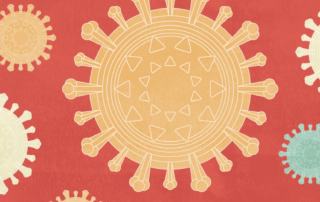More parents balking at giving kids cancer-fighting HPV vaccine
Source: www.usnews.com Author: Steven Reinberg From 2012 to 2018, more doctors recommended their patients get vaccinated with the HPV vaccine -- from 27% to 49%. But at the same time, the number of parents who were reluctant to have their kids vaccinated increased from 50% to 64%, researchers found. "Overall, more U.S. teens are getting the HPV vaccine, and the nation is making progress towards reaching the HPV vaccination goals; however, if parental reluctance continues to grow, the current rate of our progress might plateau or possibly decline," said lead study author Kalyani Sonawane. She's an assistant professor in the department of management, policy and community health at the University of Texas Health Science Center in Houston. "In the long term, the lost opportunity to protect our teens from HPV might contribute to cases of HPV-associated cervical, oropharyngeal, penile, anal, vaginal and vulvar cancers in the future," Sonawane said. Parents' reluctance to have their kids vaccinated rose more for girls, from 54% to 68%, compared with 44% to 59% for boys, the researchers noted. The report was published online Feb. 9 in the journal Pediatrics. To increase the number of boys and girls who get vaccinated, doctors need to strongly recommend it, Sonawane said. "Further improvements in provider recommendations can be made, given that it is the most important factor for improving HPV vaccine uptake," she said. "Providers should be prepared to tackle hesitancy by conveying the importance of HPV vaccination to parents and debunking vaccine misinformation. Increasing vaccine confidence [...]

